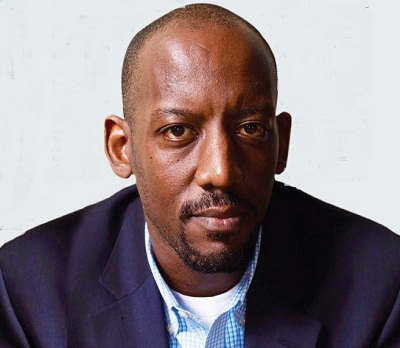Earlier you mentioned that smaller sector associations have sprung up at the expense of the Chamber. Do you see a situation whereby they will pull out of those and become members of the Chamber?
In fact, institutions like PSFU, UMA, KACITA are supposed to be members of the Chamber – ideally the apex or umbrella body that represents the multi-sectoral interests and advocates for them and pushes for their agenda. It’s not a competitor. I think we have lost some credibility and legitimacy and that is why we are being seen as a competitor with these other institutions. Remember the Chamber of Commerce is the only internationally-recognized business association. All the Chambers of Commerce in the world meet as part of the International Chamber of Commerce Association. So, the Chamber of Commerce has all these international linkages that the other sectoral institutions don’t have, and which the Chamber can better enhance.
The business community faces some cross-cutting issues such as taxation, high interest rates, high power tariffs, infrastructure etc. Are you personally aware of these issues and what do you see as your role in dealing with them?
Absolutely, I am not only aware of these challenges or constraints at a personal level but I also understand them at a wider enterprise community level. One, we have poor appreciation of the experiences of business and the private sector generally. Data is not sufficient, experiences are not shared effectively and sometimes you find that well-meaning policy initiatives end up being misguided. This is because the data and the empirical experiences are not well-articulated by the private sector. The Chamber has an opportunity to articulate them at the broad level so as to bring fact-based experiences to the policy debate.
Let’s talk about taxation. What is your own experience in terms of the relationship between the business community and the URA as regards tax policy and administration?
I think in an emerging economy like ours, you are going to have an initial situation whereby tax compliance, collection, and services are not at equilibrium. As more people come into the formal market and begin to be more compliant by paying more taxes, you get to equilibrium. Service delivery has to equate compliance. That’s when people appreciate paying their fair share of taxes. Two, the government needs to appreciate the point at which there’s a trade-off between collecting more, not because they are charging a higher tax ratio but because they are charging less. For example, do we get greater compliance when we reduce VAT by 2% or when we increase it by 2%? Here is another aspect. URA charges a compounded interest of 2% per month on VAT not paid. Today, the private sector owes the government Shs 600 billion in outstanding taxes. Suppose the private sector came together and convinced the government to issue a moratorium to allow every tax payer with an outstanding bill to pay the principle and an in response waive the interest and penalties. Don’t you think the outstanding Shs 600 billion would be reduced significantly? We need to engage in such discussions with the government.
Why do you think the Chamber has not been able to do this?
I think the Chamber has lost institutional credibility over the years to be able to have a forceful voice. It has had a high turnover of leadership at the secretariat – six CEOs in the last four years. It is also underfunded and has had waves of resignations from staff. That has to change because it is unable to have a voice in the policy space.
And there is a suit in court against Kigongo, the president, and the Chamber, right?
Yes, a group of members of the Chamber felt that they had sufficient grounds to petition Court to look at several issues – the government structure, misuse of resources and Chamber brand, unconstitutional reforms, failure to represent the interests of members and failure to account to the membership among several other things structural weaknesses.
 The Independent Uganda: You get the Truth we Pay the Price
The Independent Uganda: You get the Truth we Pay the Price



“dire straits”